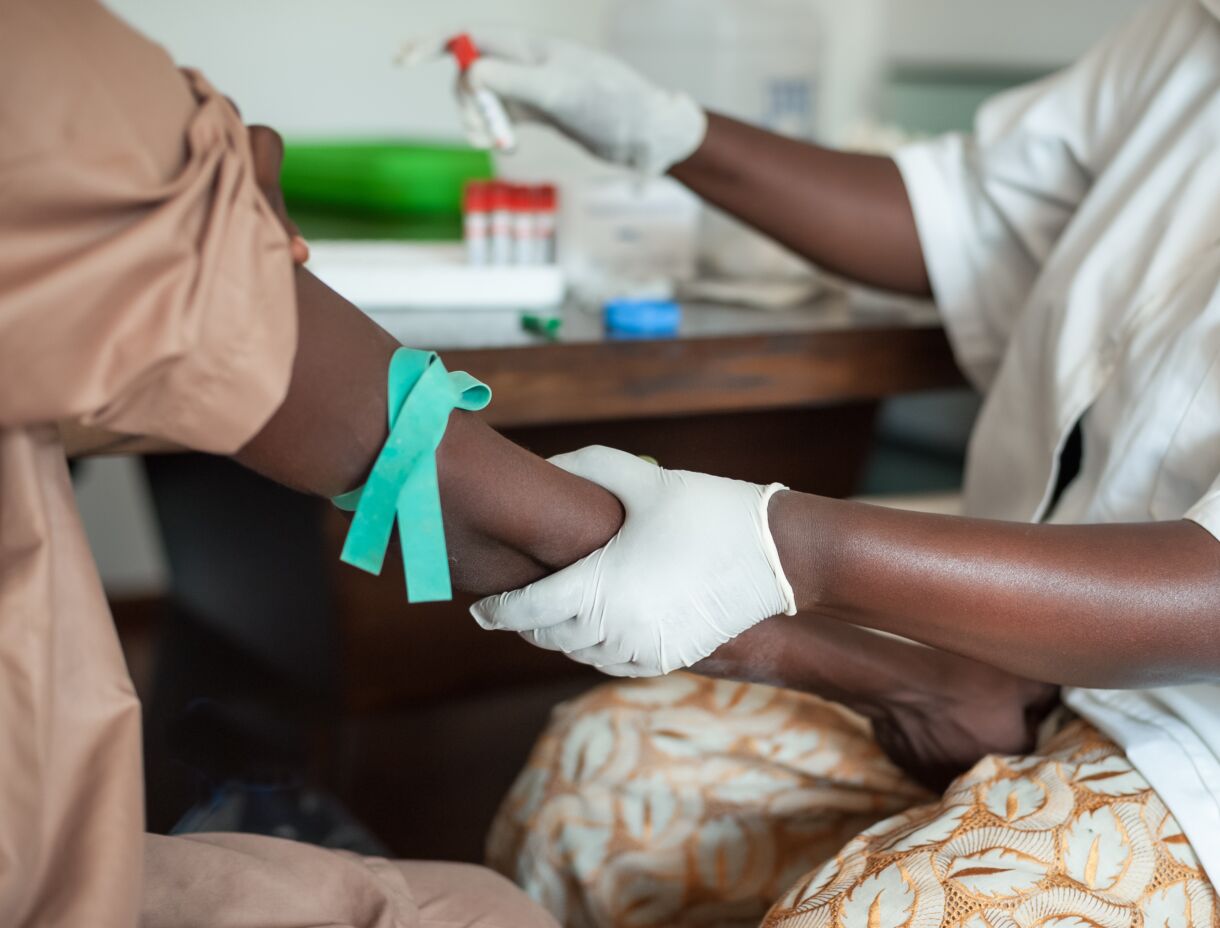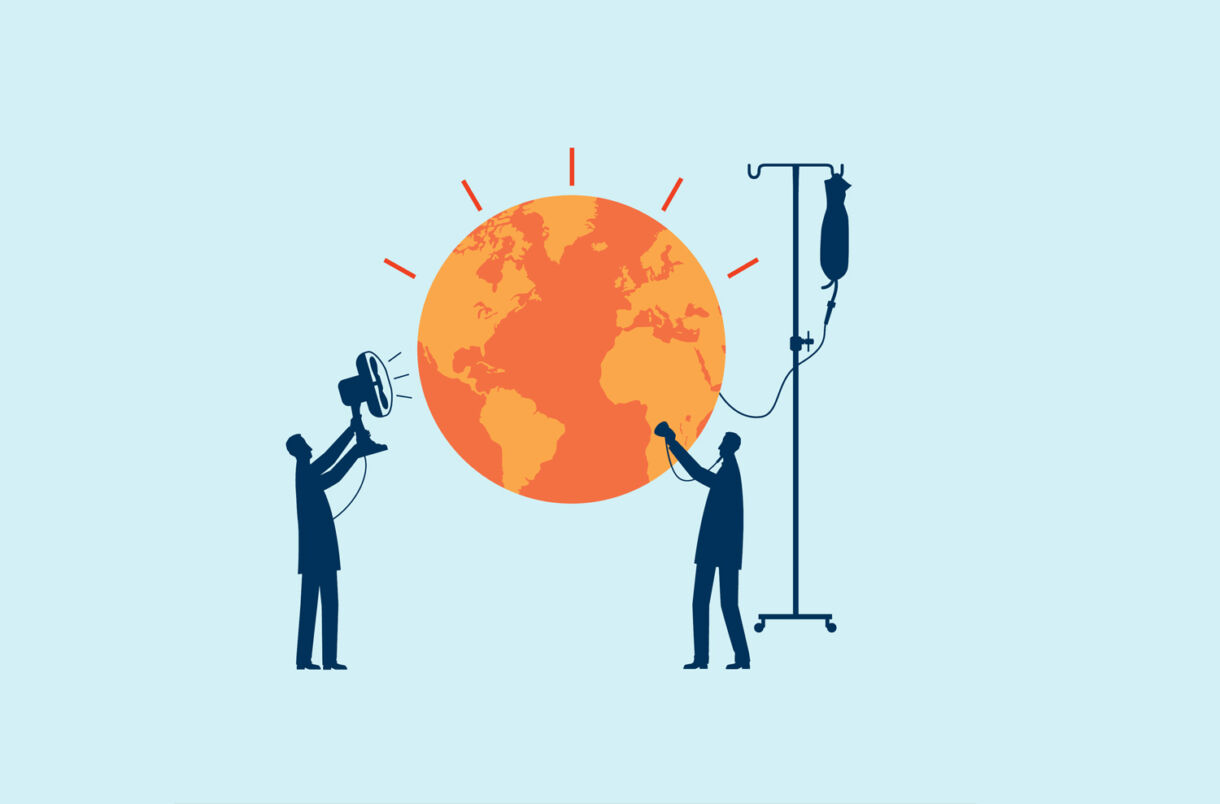
£2.7 million for new research into health impacts of climate change
Researchers in sub-Saharan Africa and the UK are working together to tackle the health impacts of climate change, thanks to £2.7 million in new research funding from the Foundation.
The changing climate will impact on all of us but especially those who are already the most vulnerable. Urgent, major action is needed, which is why we’re funding new research into the health impacts of climate change.Dr Angela Hind
Chief Executive, Medical Research Foundation
Climate change is a severe and growing threat to human health. While the impacts will be felt globally, the climate crisis is affecting low-income populations and communities the most. The latest UN Intergovernmental Panel on Climate Change (IPCC) report stated that more than four in ten people live in areas “highly vulnerable” to climate change.
Africa is uniquely vulnerable to the effects of climate change. Changes to temperature, rainfall and humidity influence the transmission and distribution of vector-borne diseases like malaria. Extreme heat, water insecurity, and flooding are also significant threats to the continent.
Although these impacts are generally understood, it remains difficult to accurately estimate the scale and range of impacts of climate change-related risks to health. This is why research in this area is vital.

£2.7 million of funding
9 new research projects

Yellow fever and skin disease in rural Ghana
Dr Victor Mogre and Dr Michael Head from the University for Developmental Studies and the University of Southampton are testing the impact of community-led interventions to improve popular knowledge and practice around climate change and disease in rural Ghana.
The team will measure the effects of using ‘Community Champions’ (respected leaders and elders) to distribute verbal and printed information about Yellow Fever, skin Neglected Tropical Diseases, and the evolving impacts of climate changes. Find out more

Respiratory health in south-west Nigeria
Dr Obianuju Ozoh and Dr Davies Adeloye from the University of Lagos and Teesside University will investigate the impact of climate change on respiratory health in South-West Nigeria.
Through population-based household studies, Ozoh and Adeloye will collect data on individual exposure to air pollution and compare this to the development of respiratory problems. Find out more

Human migrations caused by climate change
Dr Houriiyah Tegally and Dr Moritz Kraemer from Stellenbosch University and the University of Oxford are looking at human migrations as a result of climate change and their impact on arboviral disease transmission in Sub-Saharan Africa.
Arboviral diseases are infections caused by a group of viruses spread to people by insects such as mosquitoes and ticks.
The team will explore how climate change is contributing to the risk of arbovirus epidemics and explore the impact of migration and urbanisation on pathogen transmission. Find out more
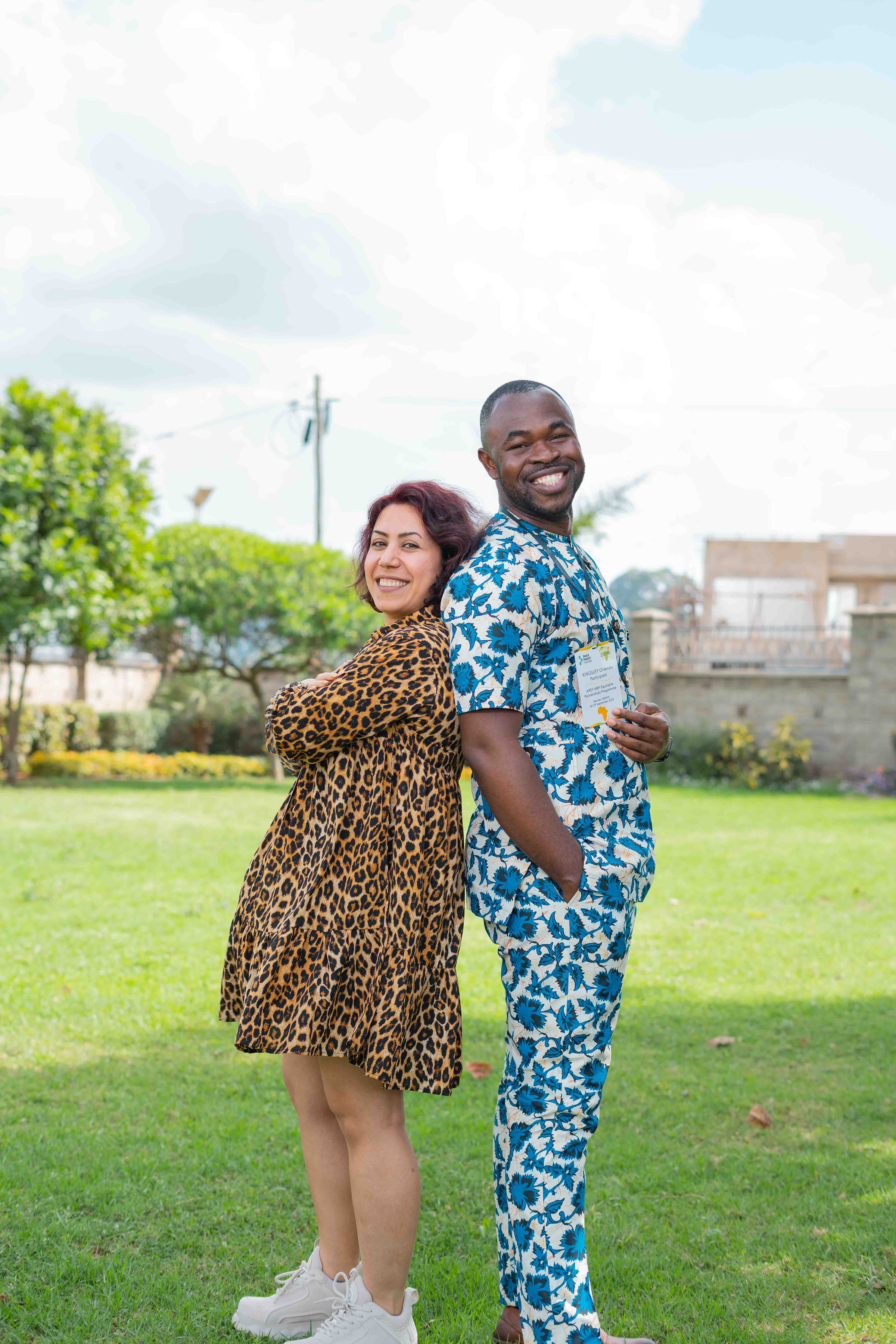
People with HIV in South Africa
Dr Kingsley Orievulu and Dr Saeideh Babashahi from the Africa Health Research Institute and Brighton and Sussex Medical School will study the health, social, and economic impacts of extreme weather events on people living with HIV in South Africa.
The team will investigate the impact of floods on people with HIV and HIV healthcare. They will then evaluate policy interventions to reduce these health, economic, and social impacts. Find out more

Air quality, green spaces, and non-communicable disease in Senegal
Dr Sokhna Thiam and Dr Peninah Murage from the African Population and Health Research Centre and the London School of Hygiene & Tropical Medicine want to better understand climate change and non-communicable diseases (NCDs) in Senegal by exploring the impact of air quality and urban green spaces.
Thiam and Murage hope to explore the link between climate change, air pollution, ecosystem degradation, and NCDs in four cities in Senegal that experience high levels of NCD deaths.
They will then investigate how air pollution and levels of green space contribute to heat exposure for people living in these cities. Find out more
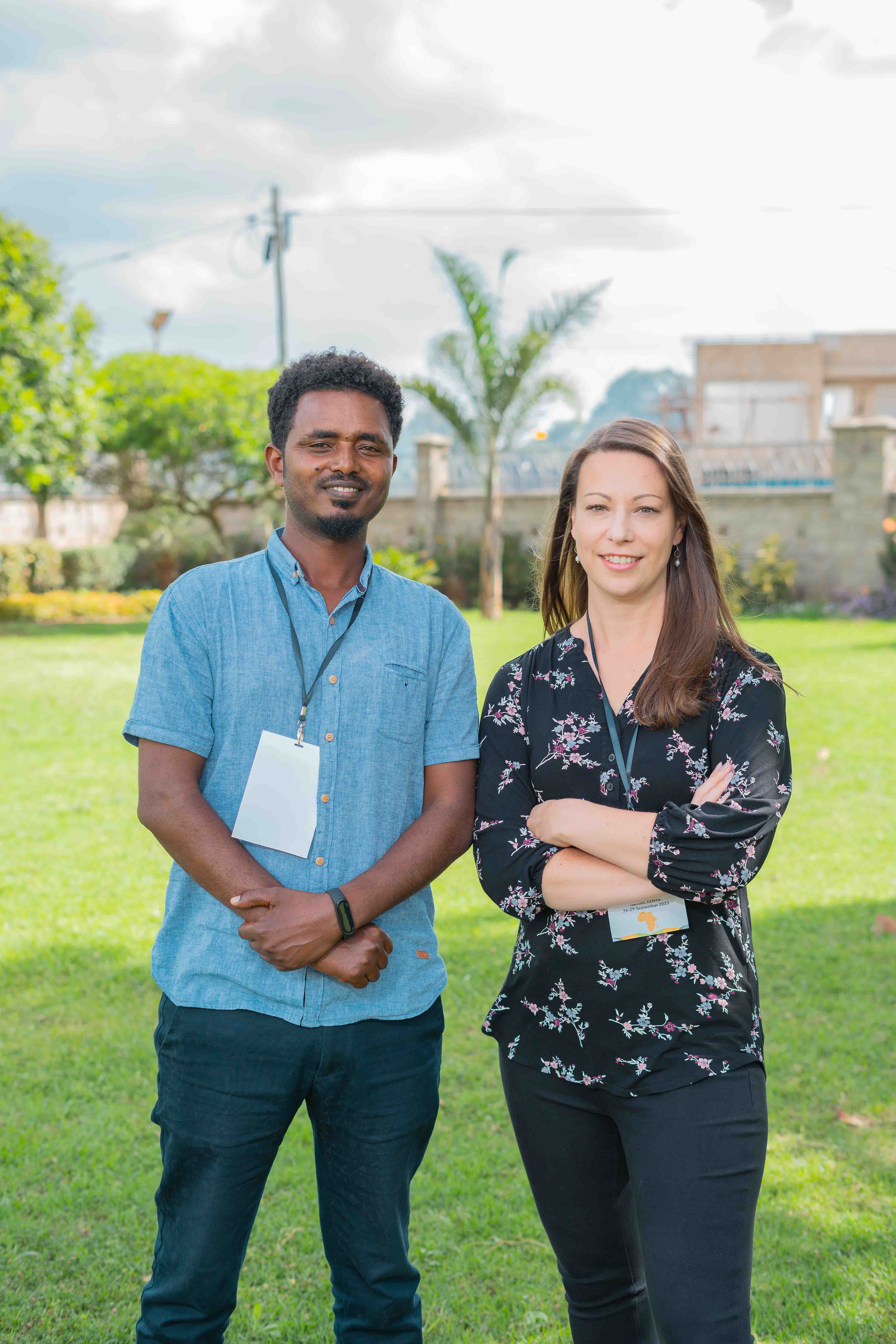
Mycobacteria and infection in Ethiopia
Dr Begna Tulu Eticha and Dr Rachel Tanner from Bahir Dar University and the University of Oxford are investigating the impact of climate change on mycobacteria living in the environment and the human response to infection.
The team will investigate the effects of climate change on the survival, growth, virulence, and sequence of several mycobacteria strains from Ethiopia.
They will examine infected peoples’ immune responses under different environmental conditions and determine whether the BCG vaccine affects this response. Find out more

Heat exposure and maternal health in rural Kenya
Dr Adelaide Lusambili and Dr Cherie Part from the Africa International University and the London School of Hygiene & Tropical Medicine will study the impact of heat exposure on maternal and neonatal health in rural Kenya.
Lusambili and Part will gather data on temperatures and humidity levels in both outdoor and indoor settings, as well as women’s personal temperatures.
The team will develop methods to estimate indoor temperatures and identify building structures most conducive to maternal and neonatal health. Find out more
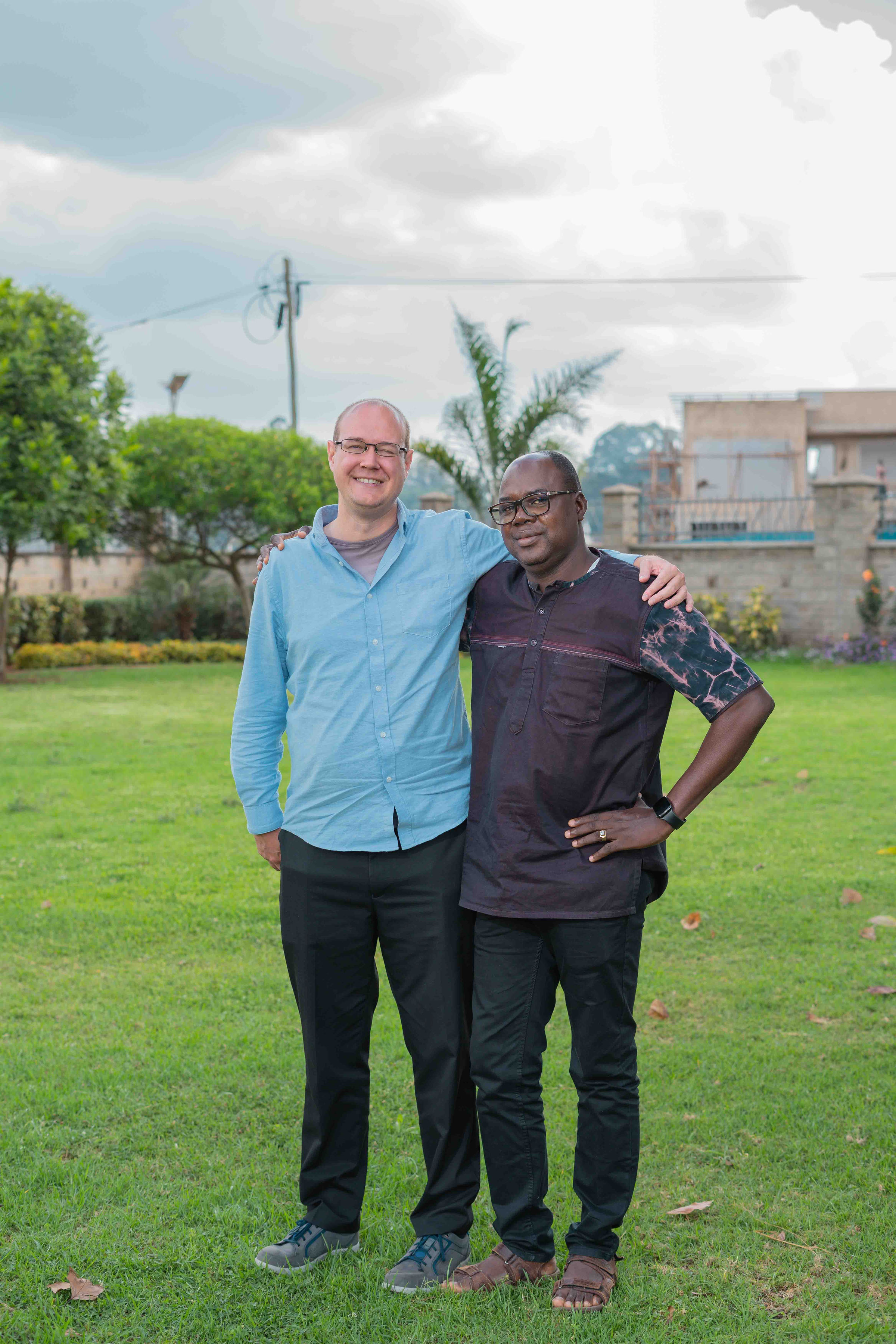
Wild mosquitoes, rising temperatures, and malaria
Dr Dari Da and Dr Joseph Challenger from Institut de Recherche en Sciences de la Santé and Imperial College London will study wild mosquitos to assess the impact of temperature on malaria transmission.
Da and Challenger hope to explore the link between malaria transmission and temperature using wild mosquitoes. Wild mosquitoes may have evolved to cope with more extreme temperatures compared to laboratory-reared mosquitoes. Find out more

Climate change and musculoskeletal conditions
Dr Thandi Kapwata and Dr Anya Burton from the South African Medical Research Council and the University of Bristol are exploring the role of climate in muscle function, physical performance, and the metabolome.
The team will identify how climate variables like temperature impact muscle function and physical performance in older adults and assess whether metabolites (small molecules) play a role in these relationships across The Gambia, South Africa, and Zimbabwe. Find out more

Dr Angela Hind, CEO, Medical Research Foundation, said:
“Science has clearly shown that climate change is a real and continually growing threat to human health. The changing climate will impact on all of us but especially those who are already the most vulnerable. We can see the changing climate impacting on health already – the devastating super flood that submerged one third of Pakistan, drought and crop failures in Europe and Africa, melting glaciers and rising sea levels, and changes in the ways that pathogens are spread, which is increasing the risk of disease.
"Urgent, major action is needed, which is why we’re funding new research into the health impacts of climate change. People in sub-Saharan African are among the most severely impacted communities in the world, despite being a relatively small contributor to climate change. For this reason, we have focused our efforts here, by supporting equitable, sustainable, and mutually beneficial partnerships between mid-career researchers in sub-Saharan Africa and the UK.”
Support life-changing research into climate change
Urgent action is needed to alleviate the impact of climate change on global health. Support pioneering studies like these, and secure the future of human health.
Donate now

